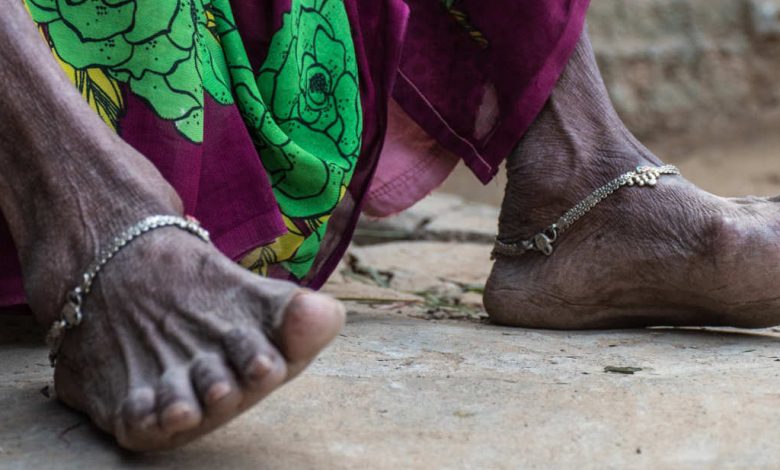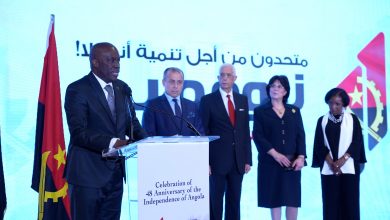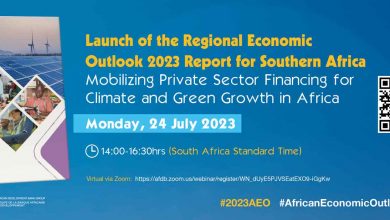African Development Fund: More than $7.4 million donated to fight neglected tropical diseases in Burkina Faso, Niger and Mali | African Development Bank

Diplomat.Today
The African Development Bank
2022-12-22 00:00:00
——————————————-
The Board of Directors of the African Development Bank Group approved on December 8, 2022 the award of a grant of $7,443,664 under the “ECOWAS quality health infrastructure to fight against Neglected Tropical Diseases” project deployed to the common borders of Burkina Faso, Niger and Mali.
The West African Health Organization (WAHO) will be the implementing agency of the project, funded by resources from the African Development Fund (ADF), the concessional arm of the African Development Bank Group. The ADF thus takes on 90% of the total cost of the project, which is nearly $8.3 million, while WAHO covers the rest.
Neglected tropical diseases include about twenty ailments of bacterial, viral, parasitic, fungal and non-communicable origin. In these three West African countries, schistosomiasis, lymphatic filariasis, soil-borne helminthiasis, onchocerciasis and trachoma are the most common, with devastating health, social and economic consequences. Often associated with debilitating and disfiguring deformities, leading to stigma and discrimination, neglected tropical diseases are believed to account for 5.6 million disability-adjusted life years (DALYs), where they mainly affect poor and underprivileged communities. , a disproportionate number of women and children.
Burkina Faso, Niger and Mali, where the population has insufficient access to basic social services, are among the poorest countries on the continent. The area of the three borders targeted by the project has been found to suffer from multidimensional fragility, between political instability, economic fragility, security concerns and population displacement (more than 2.6 million internally displaced persons and refugees in September 2022, according to UNHCR data ). The growing insecurity has led to the closure of 130 health centers and the forced displacement of populations is putting increasing pressure on the social services that are still present.
Thanks to the project, which targets 30 border health districts (10 per country), several health facilities will be rehabilitated and equipped with adequate water and sanitation facilities, about fifteen equipped laboratories and a dozen central medical stores. Enough to improve the quality of the diagnosis of neglected tropical diseases and the care of patients, in addition to the skills of the nursing staff.
“This project will promote the socio-health inclusion of the populations living on the borders of these three countries, where it can improve the nutritional status of women, children and adults who visit medical structures at the border,” said Marie-Laure. Akin-Olugbade, the Bank’s Managing Director for West Africa, who is also acting Vice President and responsible for regional development, integration and services. “It is about improving the quality of life of vulnerable populations by improving their health status,” added Martha Phiri, Director responsible for Human Capital, Youth and Skills Development at the Bank.
Several studies show the economic and financial benefits of programs to combat neglected tropical diseases, which in particular affect productivity in agricultural areas and burden low household incomes and the health budgets of the countries concerned. For example, in Burkina Faso, eliminating schistosomiasis would increase average crop yields by about 7%, or as much as 32% for groups with high infection rates.
As of November 30, 2022, the Bank Group’s active portfolio in Mali consisted of 20 operations representing approximately $598 million in commitments.
——————————————-



